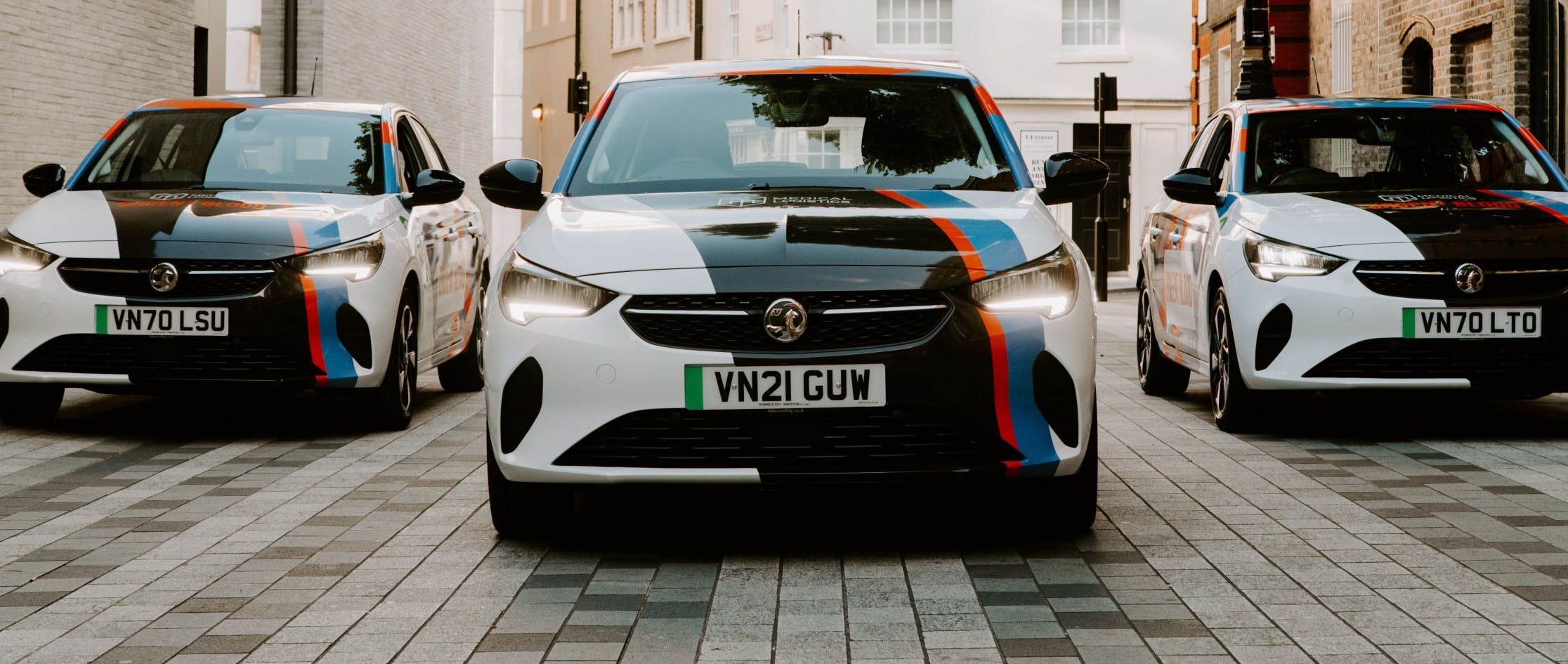The transportation and logistics industry is advancing rapidly and the standards for on-road delivery have changed a lot in recent years. Many companies have started focusing on the vehicles they use for deliveries and how they can improve upon their efficiency and work towards more sustainable ways of transporting.
Electric vehicles, or EVs, have overhauled the automobile manufacturing process and are a clean and effective solution in revolutionising the logistics industry.
Many logistics companies, even in the medical sector, are still relying on vehicles with internal combustion engines as the primary choice for their delivery vans and trucks. However, these vehicles release additional carbon dioxide into the atmosphere, considerably reducing air quality and polluting our planet.
Overall Benefits of Electric Vehicles
More environmentally friendly
Electric vehicles have substantial environmental benefits due to their utilisation of renewable energy. They produce zero tailpipe emissions, reduce the level of carbon dioxide in the atmosphere and lessen fossil fuel energy dependence. Further good news is that every year, the carbon footprint of producing EVs continues to decline as manufacturers prioritise electricity from hydro, solar or wind-powered plants, which don’t pollute the air.
According to the United States Environmental Protection Agency (EPA), the transportation sector produces 29% of the country’s greenhouse gas emissions, almost a quarter of which is due to trucks and vans. Electric cars are a great way to reduce carbon emissions and help the climate change battle.
Economic benefits
Compared to traditional vehicles, electric cars come with significantly lower fuel costs. With lower per-mile energy expenses, they are far more cost-effective than traditional fuel-powered vehicles that use petrol or diesel fuel. Charging stations also provide a cost-effective way to refuel.
Electric vehicles also offer lower maintenance and operational costs due to their radically simpler mechanical systems, which don’t require as much upkeep as traditional cars.
More efficient
EVs are also very efficient in terms of energy and performance. They convert over 77% of the electrical energy from the grid to driving power, whereas conventional vehicles only convert 12-30% of energy from fuel.
Additionally, electric cars also use less energy in stop-and-go city traffic. Because they don’t have an exhaust system, they operate smoothly and quietly, reducing noise pollution alongside air pollution. Their high-quality performance and convenience make them a great option for high-priority medical courier services.
Going fully green by 2023
As a growing business, we recognise the importance of sustainability, not only in our day-to-day service offering of phlebotomy and testing but, also logistically for our medical courier business operations.
Our objectives were set in 2020 which as a result culminated on these set goals, which we’re constantly working on improving upon:
- Being fully electric within London and the M25 by 2023; currently, we operate 3 fully electric cars within London
- Where possible only use supplies sourced from sustainable suppliers
- Do all we can to recycle and ensure a cleaner environment at our clinic sites and on client sites
- Through the use of non-polluting electric cars offer the most competitive pricing to our customers within London and the M25
- Thanks to electric car technology advancements, offer a better driving experience to our drivers and more safety to other road users including pedestrians
- Pass on further savings to our customers due to electric cars being mostly parking chargers exempt
Green transportation in the medical sector revolves around efficient and effective use of resources and modification of the transport structure. With the significant steps already underway, we think the future of green transportation is nothing but bright.
